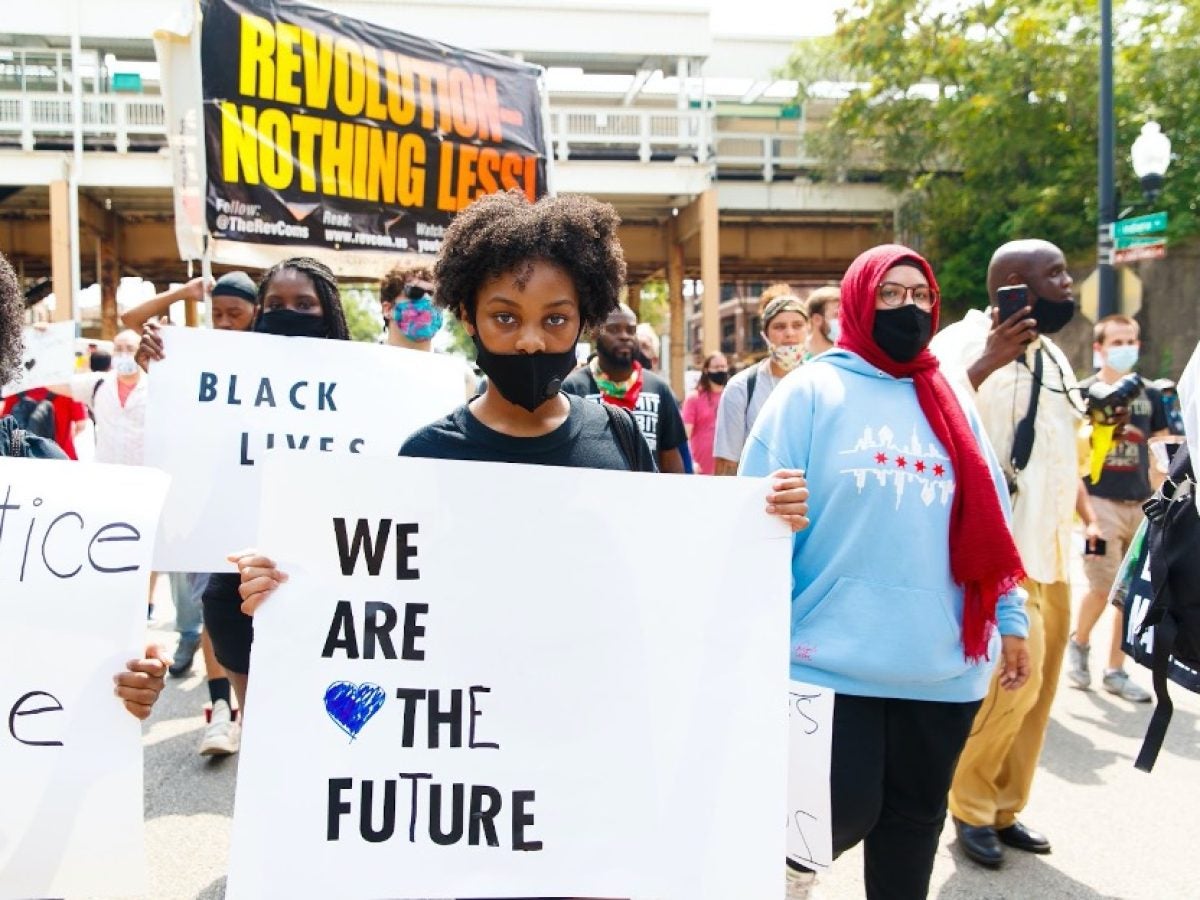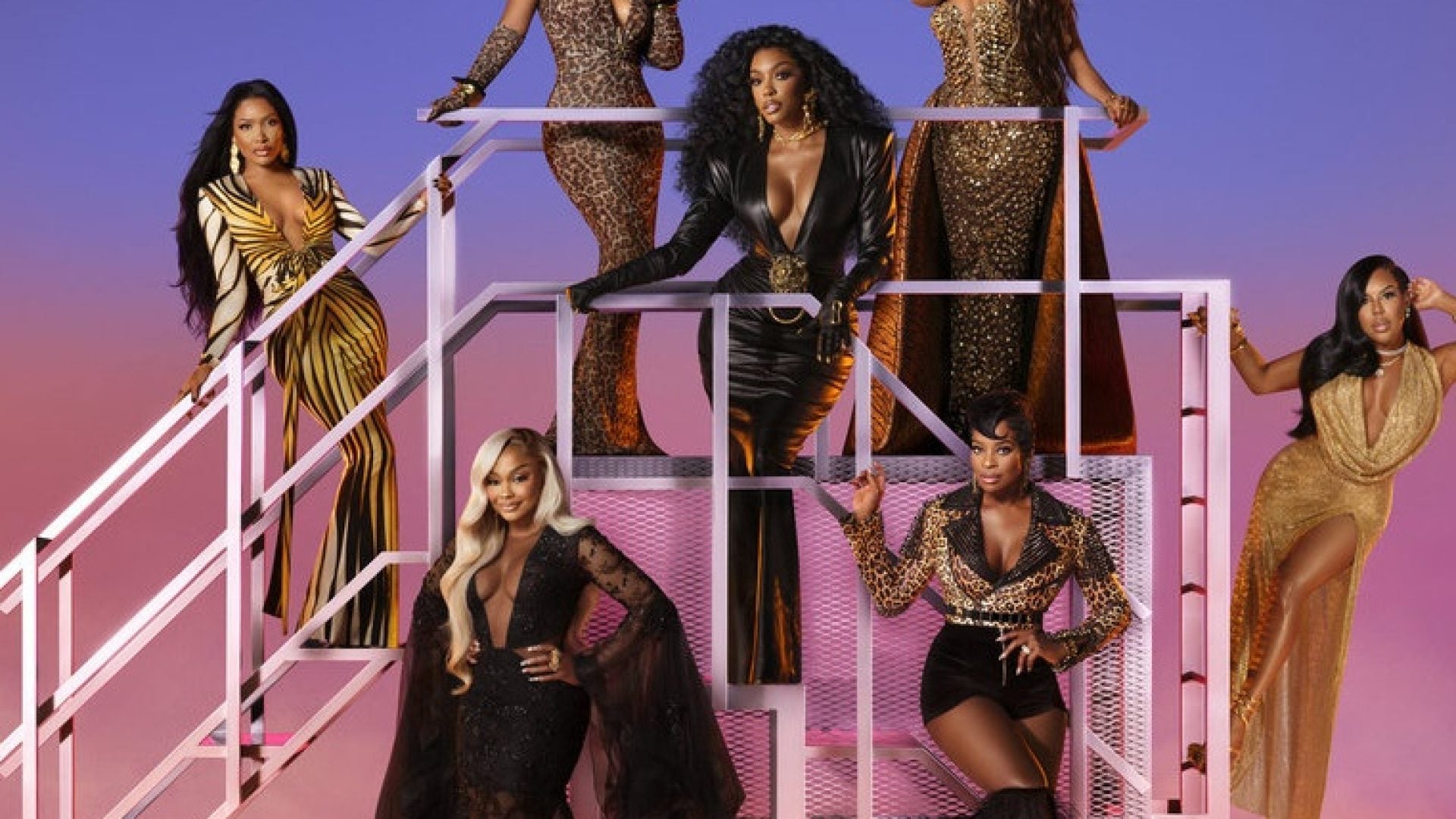
Black Chicago has a complicated relationship with water.
The Black community is disproportionately affected by the presence of lead pipes and contaminated drinking water, high rates of flooding from rainstorms, water service disconnections, and rising water bill costs. In fact, the largest water debt burden is held in communities of color, with a majority Black population spending on average 19% of their household income on water bills in Chicago.
A recent analysis by The Guardian found that one in 20 tap water samples performed for thousands of Chicagoans had lead levels at or above federal limits. Nine of the top 10 ZIP codes with the largest percentages of high test results were in neighborhoods with majority Black and Latino residents. And one home, in the majority-Black neighborhood of South Chicago, had lead levels of 1,100 parts per billion (ppb), which is 73 times the Environmental Protection Agency (EPA) limit of 15ppb.
Fighting for access to water is not new to Chicago’s history.
A little over 60 years ago, Black Chicagoans were met with violence and vitriol for attempting to enjoy the cool waters of Lake Michigan at Rainbow Beach in South Shore. Around the same time, residents of Maryland Manor, a public housing complex adjacent to Altgeld Gardens, didn’t have access to the city’s water and sewer lines and were exposed to water tainted with cyanide and other toxic chemicals. Despite being taxpayers, Black Chicagoans in different parts of the city were excluded from both recreation and city services related to water.
Lake Michigan is Chicago’s largest public water source, and whether it’s 1960 or 2023, Black Chicagoans still do not have access to the best that our main source of water has to offer.
Back then, young Black organizers put their bodies and lives on the line to push back against discriminatory practices and policies. Today, young Black organizers are still on the frontlines – using multiple tools at their disposal to fight against environmental racism and the violence it continues to inflict on our community generation after generation.
With heavier rainstorms and warmer temperatures, Black neighborhoods are particularly susceptible to the threat of climate change. As a result of redlining and official disinvestment in some communities, many Black neighborhoods today are dealing with deteriorating water infrastructure, and a lack of trees and other forms of green infrastructure to prevent flooding and sewer backups. These are issues the Black residents of the Chatham, South Shore and Pullman neighborhoods know all too well as three of the top neighborhoods identified as being in high flood risk.
With more young, Black leaders – Millennials and Gen Z – participating in the civic process, there is ample opportunity to ensure that our government recognizes water access as an environmental justice issue. We’ve already seen it through Gen Z, our fastest growing age group, and how climate change is one of their top issues. When Millennials and Gen Z come together, we can use our collective voice to demand that policies and budgets at all levels of government prioritize and adequately fund historically disinvested communities.
That’s why I’m encouraging our representatives to take the demands of young people seriously. It is not enough to invite us to share our stories if there’s no actionable plan in place to rectify the hardships outlined in our stories. It is not enough to create space for us on advisory boards if there’s no intention of taking our feedback and putting dollars behind solutions.
So many young people across the city are living in flood-prone areas, creating an additional burden on their commute to school. So many live in homes with alarming lead levels, and maybe no access to water at all due to a service interruption. How many have a sibling dealing with health complications, like brain and nervous system damage, or learning and behavioral problems, due to lead exposure?
The best policies are created when the voices and lived experiences of the people most impacted are centered at all stages of the process. Our leaders and stakeholders can make better policies that tackle root problems if they meet us where we are and listen intently.
Beyond government leaders, we must remember environmental NGOs, climate funders, and philanthropic organizations. There are so many local grassroots organizations that center young Black voices in the environmental movement that can and should be elevated as a clear example of what community-centered, grassroots organizing looks like in action.
Whether it’s People for Community Recovery fighting to improve water, land, and air quality in Altgeld Gardens; Blacks in Green advocating for affordable water bills and walkable green space in Woodlawn; or the Southeast Environmental Task Force fighting against scrap metal plants like General Iron and other polluters from setting up shop and further burdening the community with toxic waste and air pollution – these organizations provide generational solutions through a racial and economic justice lens that’s needed in policymaking. Let’s go a step further and fund them!
History has shown us that when young people get involved, radical change is near. It is important that we remain unapologetic about demanding lead service line replacement, improved water infrastructure, affordable water bills, and make sure we have a seat at the table to see the projects through.
I am confident that the “good trouble” we stir up will clear the path for cleaner, safer drinking water. I am confident that one day, water will become more affordable, and we won’t have to choose between buying groceries and paying our water bill. And we won’t need to decide whether we buy bottled water or wonder whether we’re risking our health or our kids’ futures every time we turn on the tap. I am confident in the power of young, Black organizers to make Chicago’s water less troubled for generations to come.
Access to safe, clean, affordable water is a human right. In the spirit of our ancestors, let’s make sure another generation doesn’t have to live without it.
Chakena D. Perry is a Senior Policy Advocate at the Natural Resources Defense Council (NRDC). She’s responsible for assisting in the development of cross-programmatic strategies, partnerships, and advocacy efforts to ensure water is safe, sufficient, and affordable from source to tap.




